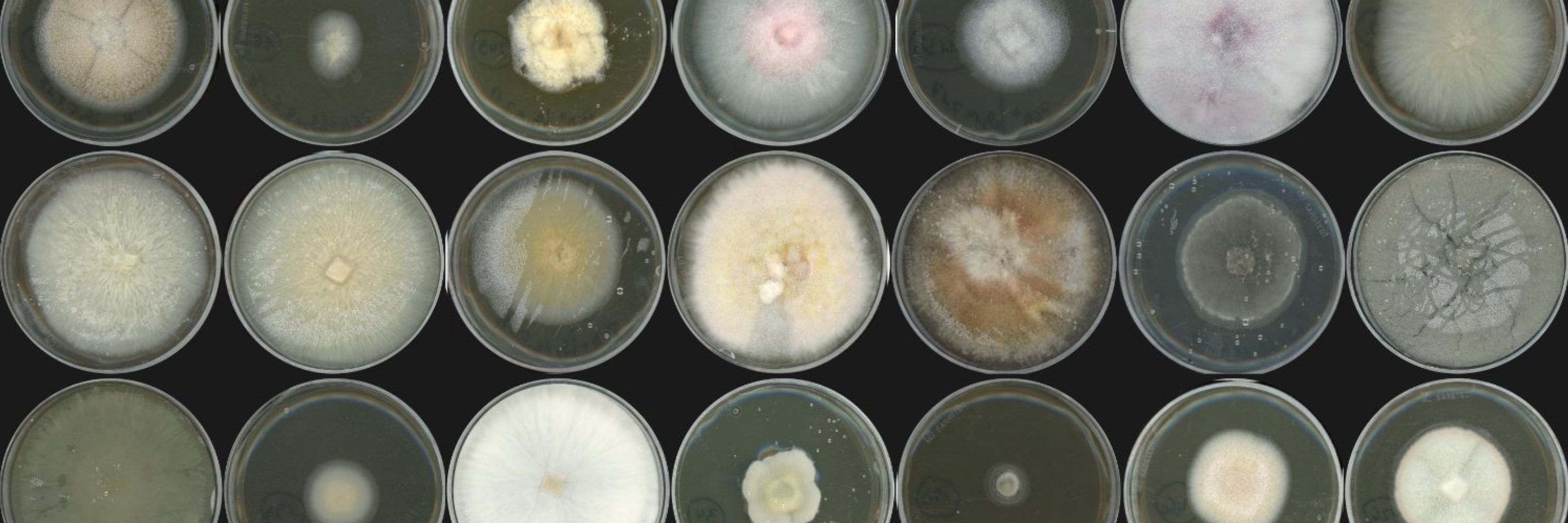
Fungal biology | Soil & plant microbiota | Ecology & evolution | Plant-microbe-microbe interactions | Genomics | ...

We identified evolutionary origins of many fungal effectors!
We show that fungi secrete lots of antimicrobial proteins, and that some of them were repurposed by plant pathogens for host immune suppression.
www.biorxiv.org/content/10.1...
cc @teamthomma.bsky.social
Our new paper presents pangenome-informed amplicons that provide up to 10× higher phylogenetic resolution than full-length ribosomal markers- while remaining cost effective and scalable!
microbiomejournal.biomedcentral.com/articles/10....

Our new paper presents pangenome-informed amplicons that provide up to 10× higher phylogenetic resolution than full-length ribosomal markers- while remaining cost effective and scalable!
microbiomejournal.biomedcentral.com/articles/10....

SimpleFold: Folding Proteins is Simpler than You Think arxiv.org/abs/2509.18480 🧬🖥️🧪 github.com/apple/ml-sim...




SimpleFold: Folding Proteins is Simpler than You Think arxiv.org/abs/2509.18480 🧬🖥️🧪 github.com/apple/ml-sim...
My essay in #PLOSBiology argues that the answer is lack of opportunity and that humans encounter only one new bacterial pathogen for every 1.4b years lived.
journals.plos.org/plosbiology/...

My essay in #PLOSBiology argues that the answer is lack of opportunity and that humans encounter only one new bacterial pathogen for every 1.4b years lived.
journals.plos.org/plosbiology/...
www.evolbio.mpg.de/3836073/news...

www.evolbio.mpg.de/3836073/news...

But this here is the crown for sure... for now.
www.nature.com/articles/s41...
(go also check out obligate chimerism, social chromosomes, clonal production of females and males, and much more...)

But this here is the crown for sure... for now.
www.nature.com/articles/s41...
(go also check out obligate chimerism, social chromosomes, clonal production of females and males, and much more...)
Logan now democratizes efficient access to the world’s most comprehensive genetics dataset. Free and open.
doi.org/10.1101/2024...

Logan now democratizes efficient access to the world’s most comprehensive genetics dataset. Free and open.
doi.org/10.1101/2024...
@newphyt.bsky.social
doi.org/10.1111/nph....
@parkergroup.bsky.social

@newphyt.bsky.social
doi.org/10.1111/nph....
@parkergroup.bsky.social
www.biorxiv.org/content/10.1...

www.biorxiv.org/content/10.1...
We identified evolutionary origins of many fungal effectors!
We show that fungi secrete lots of antimicrobial proteins, and that some of them were repurposed by plant pathogens for host immune suppression.
www.biorxiv.org/content/10.1...
cc @teamthomma.bsky.social

We identified evolutionary origins of many fungal effectors!
We show that fungi secrete lots of antimicrobial proteins, and that some of them were repurposed by plant pathogens for host immune suppression.
www.biorxiv.org/content/10.1...
cc @teamthomma.bsky.social

We identified evolutionary origins of many fungal effectors!
We show that fungi secrete lots of antimicrobial proteins, and that some of them were repurposed by plant pathogens for host immune suppression.
www.biorxiv.org/content/10.1...
cc @teamthomma.bsky.social
rdcu.be/exBSp
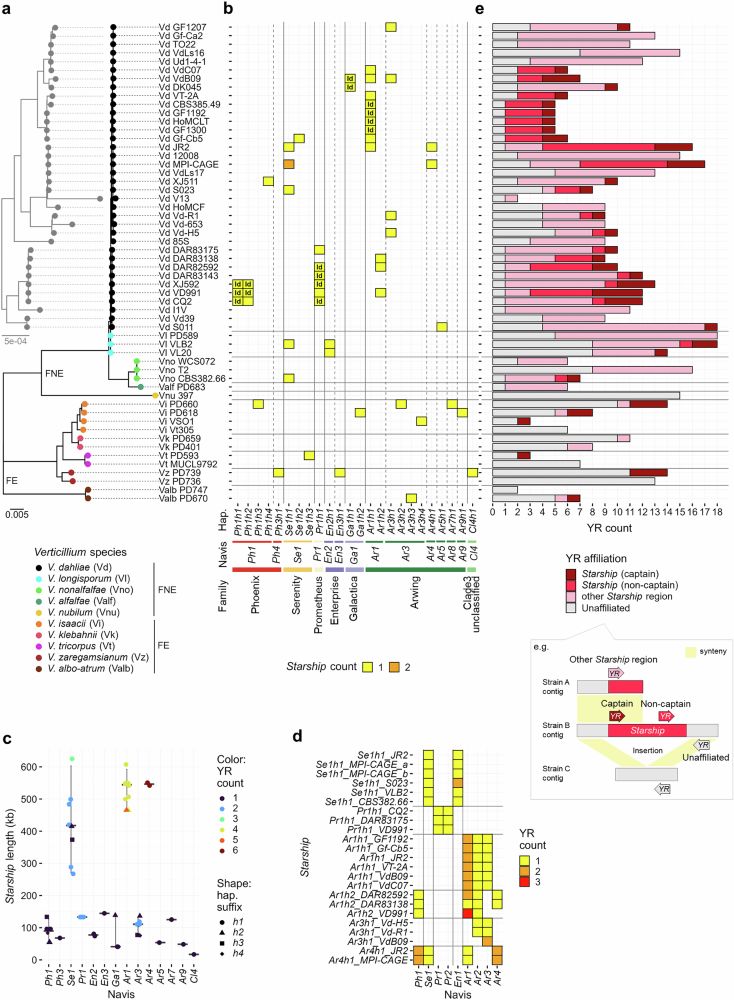
rdcu.be/exBSp
A thread 🧵 ⬇️
A thread 🧵 ⬇️
www.science.org/doi/10.1126/...
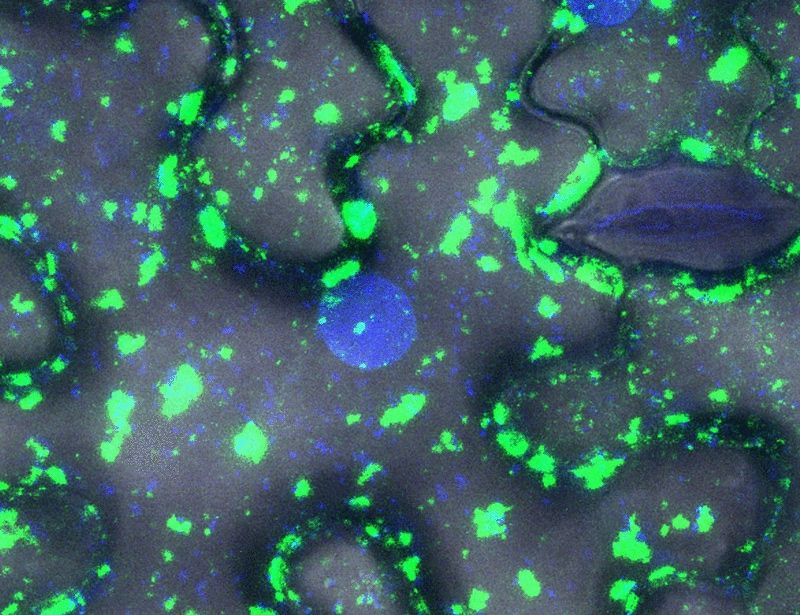
www.science.org/doi/10.1126/...
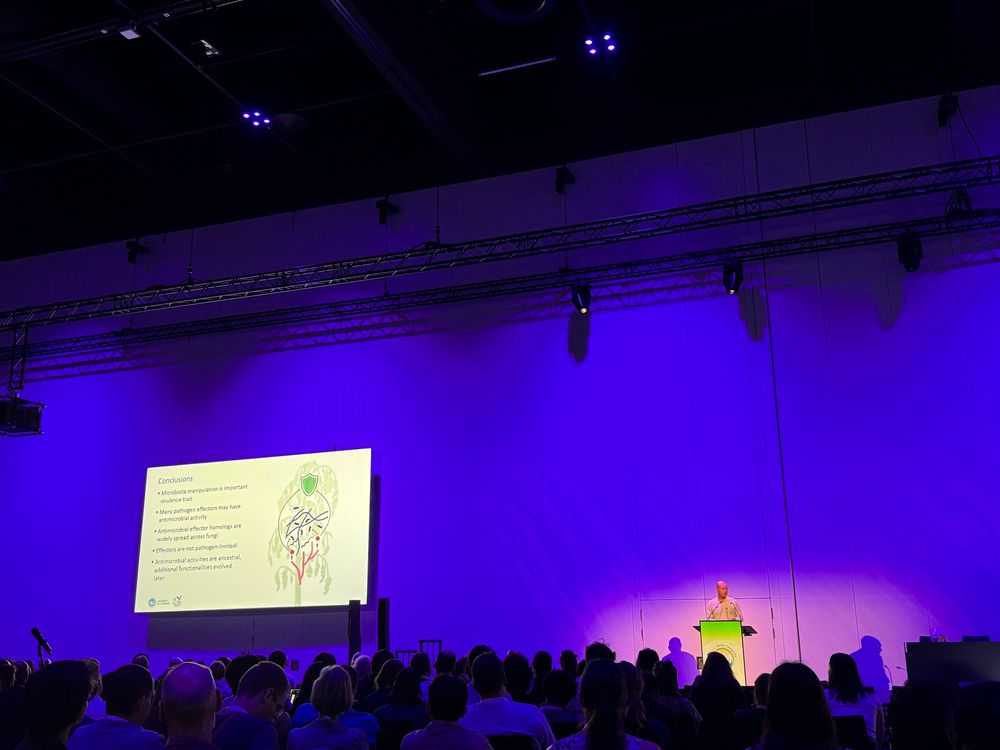
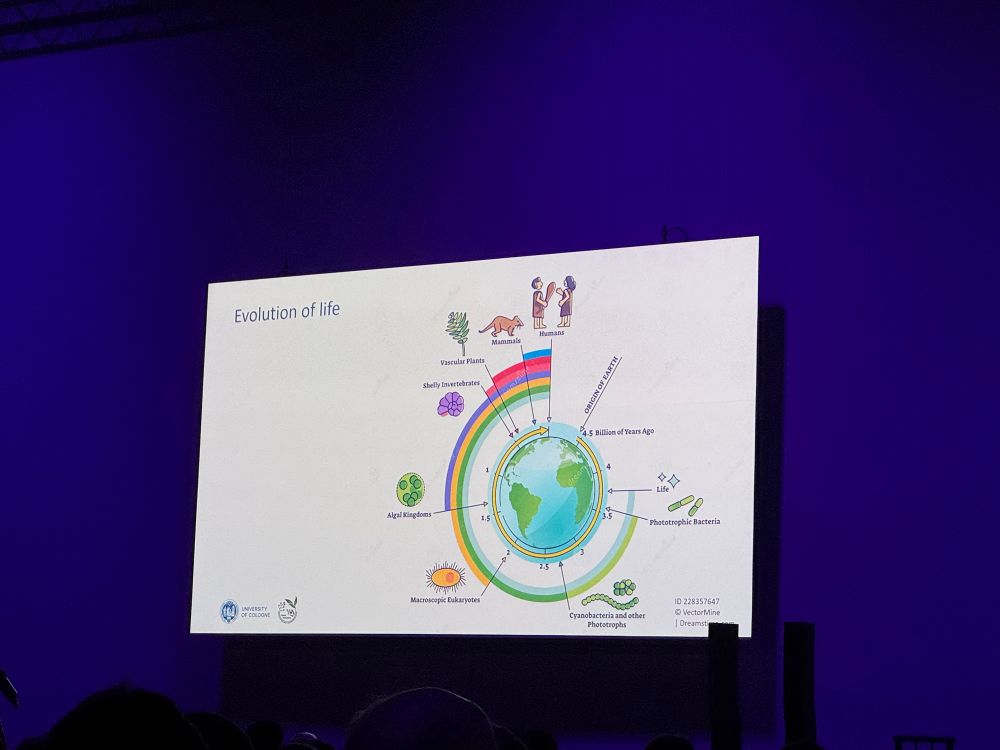
More research by @teamthomma.bsky.social at P-091, P-170, P-299, P-317, P-337 and P-388.
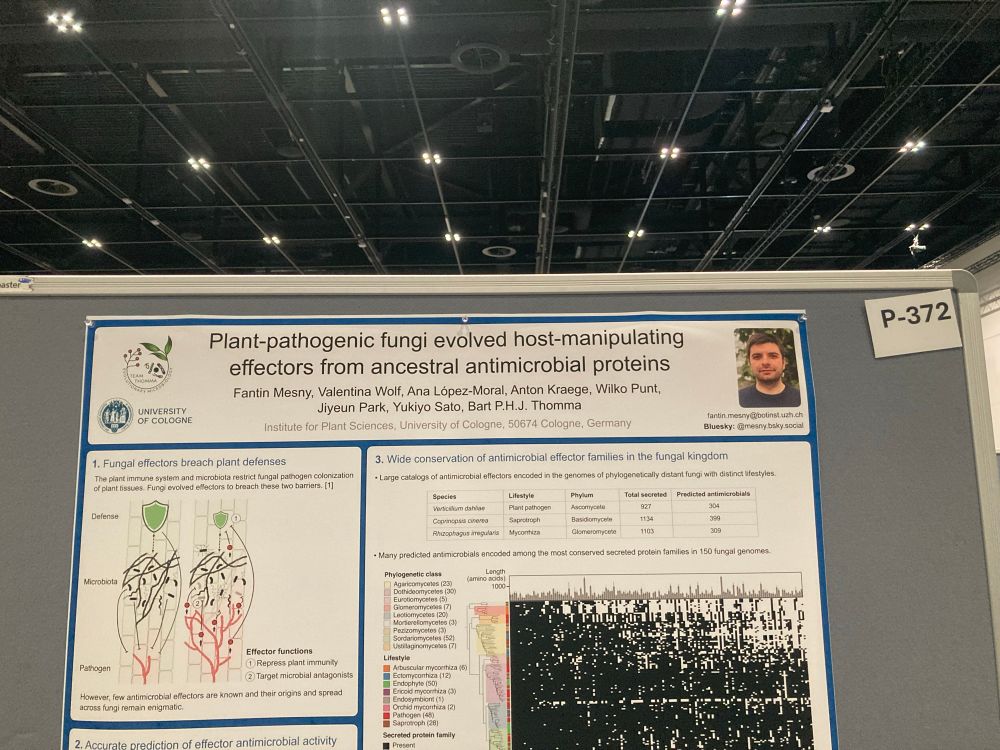
More research by @teamthomma.bsky.social at P-091, P-170, P-299, P-317, P-337 and P-388.
My poster’s not up until Thursday, but you can already check it out on Zenodo 👀
📎 zenodo.org/records/1585...
🧾 Poster P-166, Thur 17th, 1:30 pm
#2025ISMPMI
My poster’s not up until Thursday, but you can already check it out on Zenodo 👀
📎 zenodo.org/records/1585...
🧾 Poster P-166, Thur 17th, 1:30 pm
#2025ISMPMI
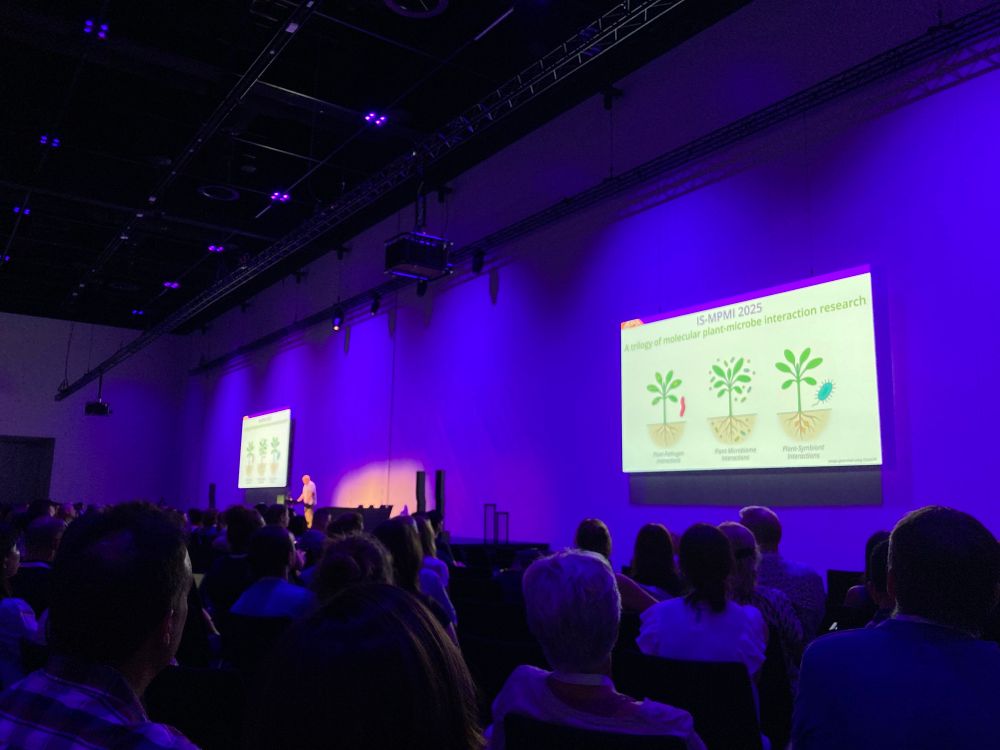
Our lab will be introducing PHYTOMap to the MPMI community. Interested in spatially mapping both microbiomes and plant gene expression? Come see our posters at #2025ISMPMI
P-315 by @siyusong.bsky.social
P-441 by @hsuanpai.bsky.social
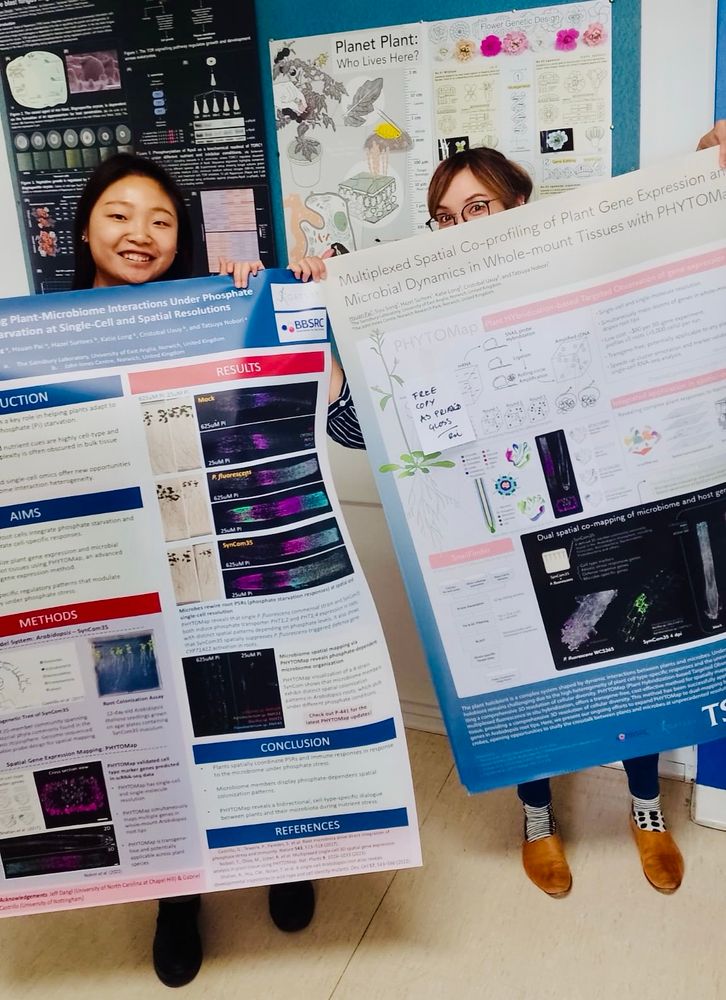
Our lab will be introducing PHYTOMap to the MPMI community. Interested in spatially mapping both microbiomes and plant gene expression? Come see our posters at #2025ISMPMI
P-315 by @siyusong.bsky.social
P-441 by @hsuanpai.bsky.social
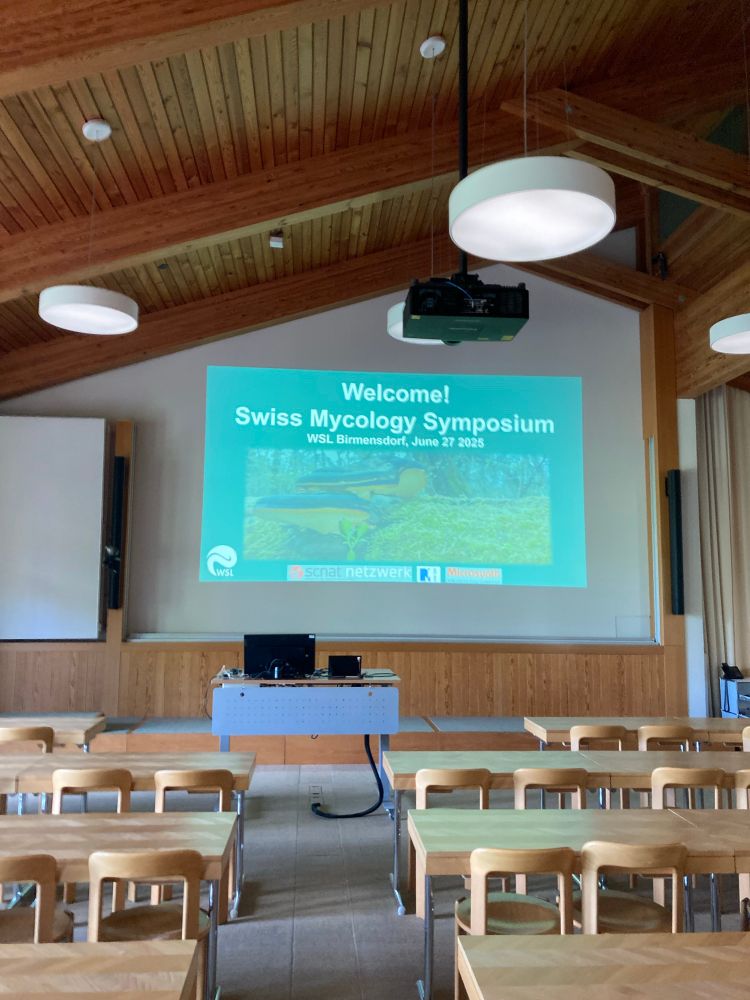
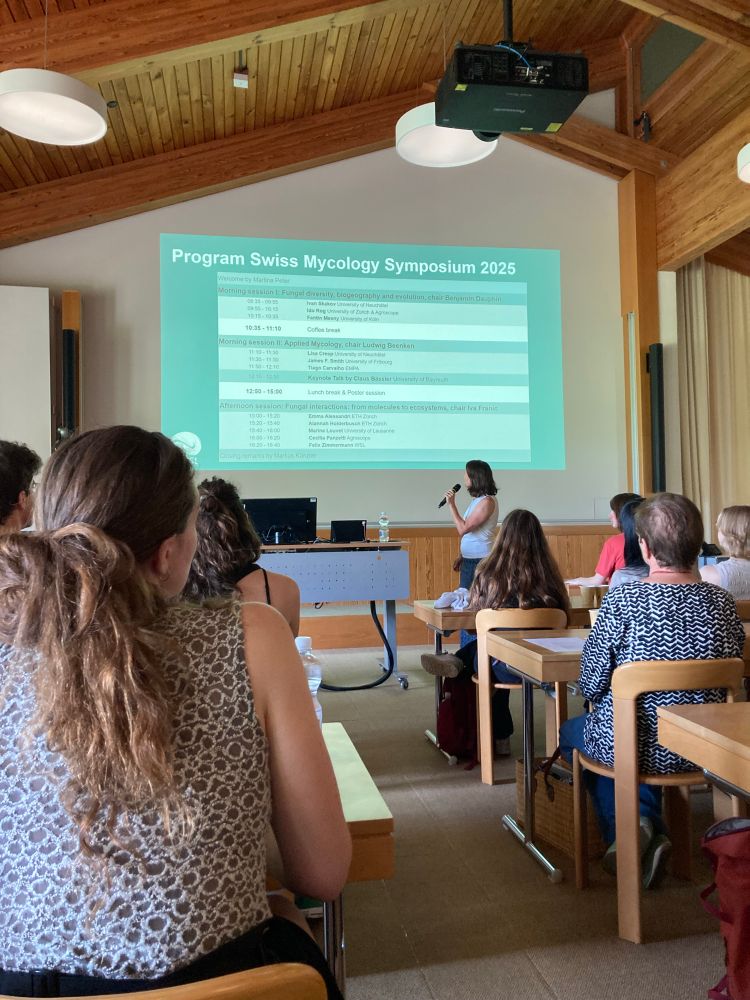
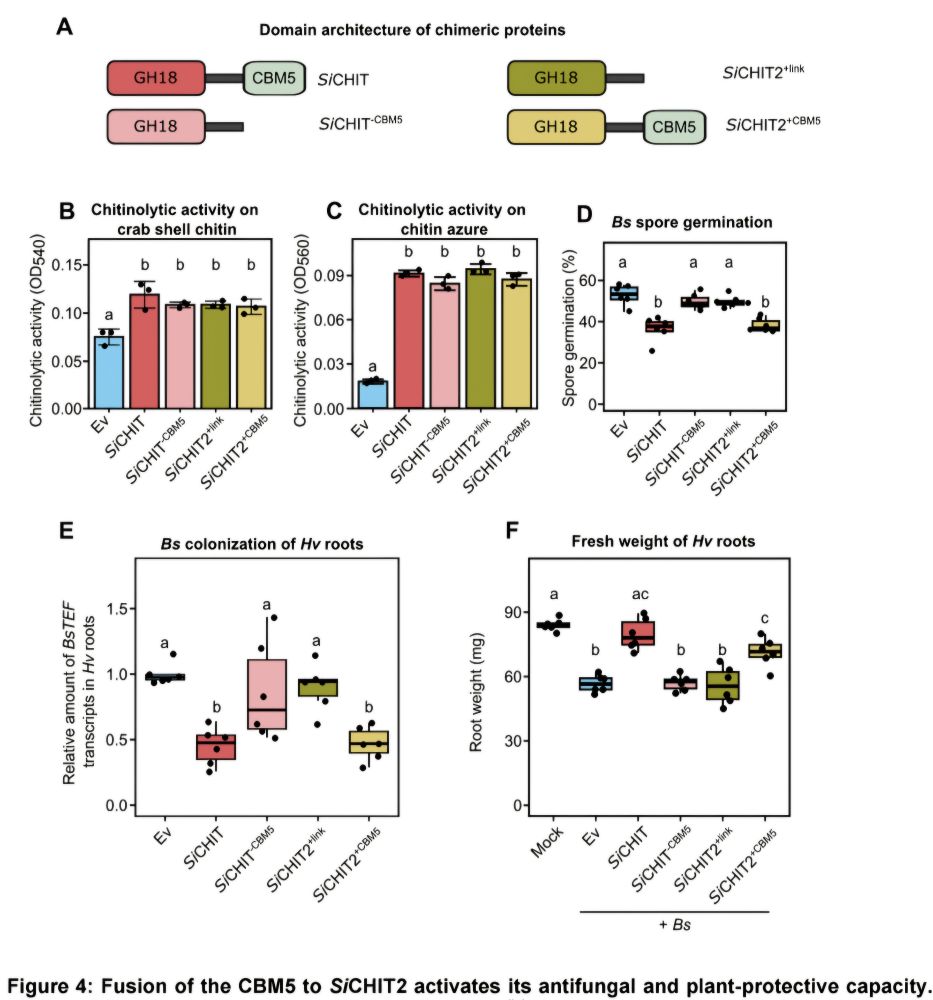
www.cell.com/cell-reports...
www.cell.com/cell-reports...

